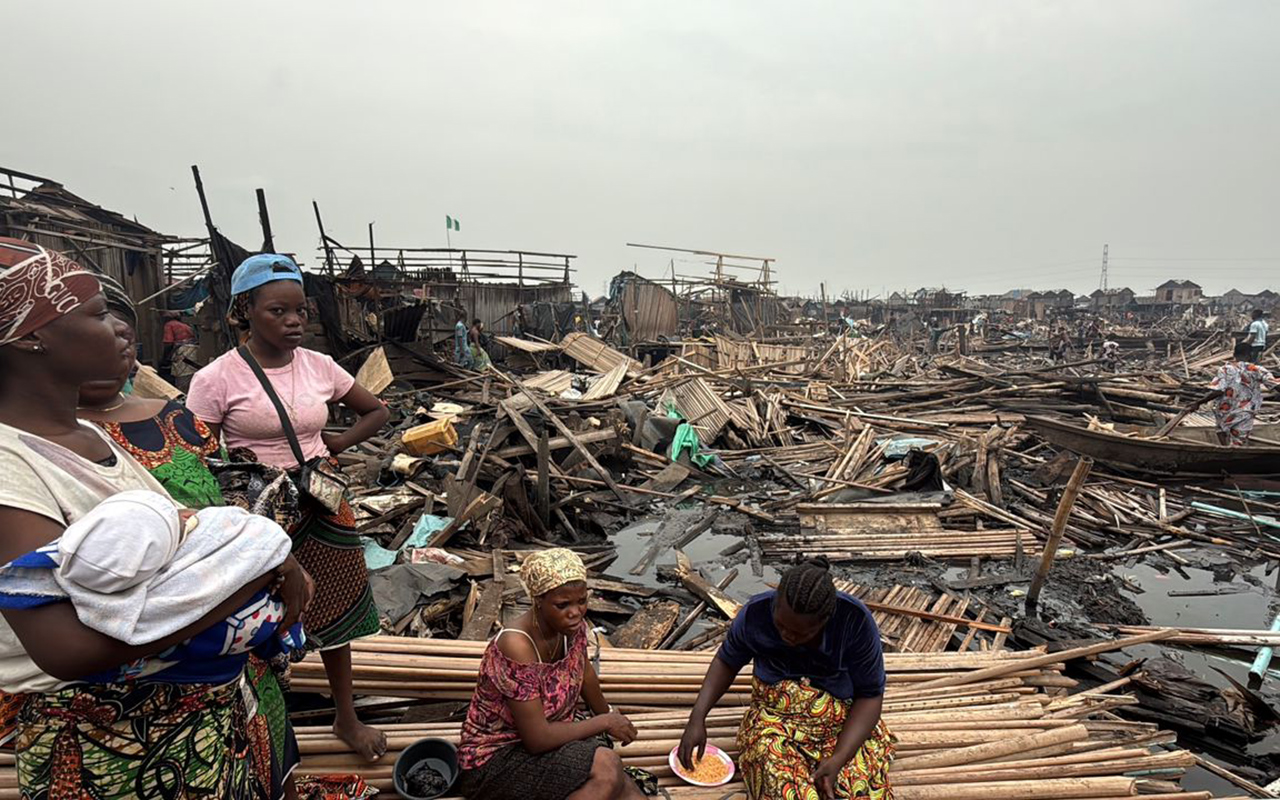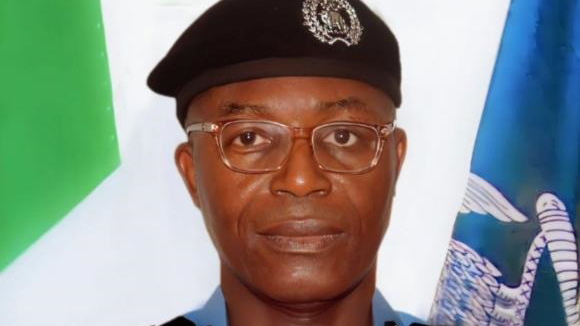Two hundred girls and young women, including 10 girls living with disabilities, are nearing the completion of a six-month intensive skills acquisition programme aimed at empowering women financially and combating gender-based violence (GBV) in their communities.
The programme, known as Science, Technology, Engineering, Arts and Mathematics (STEAMinists) Against Gender-Based Violence, is implemented by the Girl Child Values Support Initiative (GCVSI) with support from the French Embassy Fund.
The training covers nine key areas, such as application development, graphics design and visual arts, web design and development, 3D animation and modelling, soldering and electronics, photography and videography, digital storytelling and podcasting, and drama and theatre.
Speaking to journalists on Wednesday on the training, Mr. Owa Oluwatosin Zuriel, Senior Programmes Officer at GCVSI, said the project is designed to equip girls with the skills of the future and prepare them for remote and digital employment opportunities.
“This training is about more than just learning technical skills. It’s about empowering young women to rise above poverty and vulnerability. When a woman understands her rights and gains practical skills to earn a living, she becomes less vulnerable to gender-based violence,” Zuriel explained.
He noted that poverty remained a major driver of disempowerment among women, limiting access to education, awareness, and economic independence.
“Our approach combines knowledge and empowerment. The girls are now in their project phase, developing community-based innovations to address GBV. Some have even built solar-powered generators to light up their neighbourhoods. When there is light, there is safety; when there is opportunity, there is empowerment,” he noted.
Zuriel emphasised that the program goes beyond awareness-raising to deliver real, hands-on tools for change, adding that many trainees, especially those in digital storytelling and podcasting, are already taking paid jobs, proving the bridge between learning and earning is working.
“That first painting in the art class is more than just art; it’s proof of possibility. For girls with disabilities, it shows inclusion in action, turning creativity into confidence and income,” he said.
He added that the programme is now moving into a linking and learning phase, connecting participants to clients, organisations, and employers for job opportunities.
“We’re not just training them; we’re preparing them to thrive in the future of work. By the time they graduate in the next few weeks, these girls won’t just be skilled; they’ll be employable, independent, and ready to make a difference,” he assured.
Zuriel commended the French Embassy Fund and Bauchi State government for their support, noting that early engagement with key ministries helped drive the success of the initiative.
One of the beneficiaries, Mansura AbdulHakim, a participant in the Graphics Design class, described the experience as life-changing.
“I’ve learned not only design techniques but also how to think creatively and professionally. I’ve started getting real jobs and earning from my skills. I no longer have to depend on anyone; I can support myself and use my creativity to fight poverty and fight against GBV,” Mansura said.
Another participant, Efe Sharon, said, “Before joining, I only had a basic understanding of graphic design. Now, I’m more confident and skilled, and I’m already earning from my work. This program has truly transformed me.”






